Brussels has taken a historic step with the adoption of the EU’s seventeenth sanctions package against Russia: for the first time, European citizens themselves have become targets of punitive measures. German nationals Alina Lipp and Thomas Roper were sanctioned on the grounds that their activities contributed to the destabilization of Europe and that they spread Russian propaganda, according to the official justification.
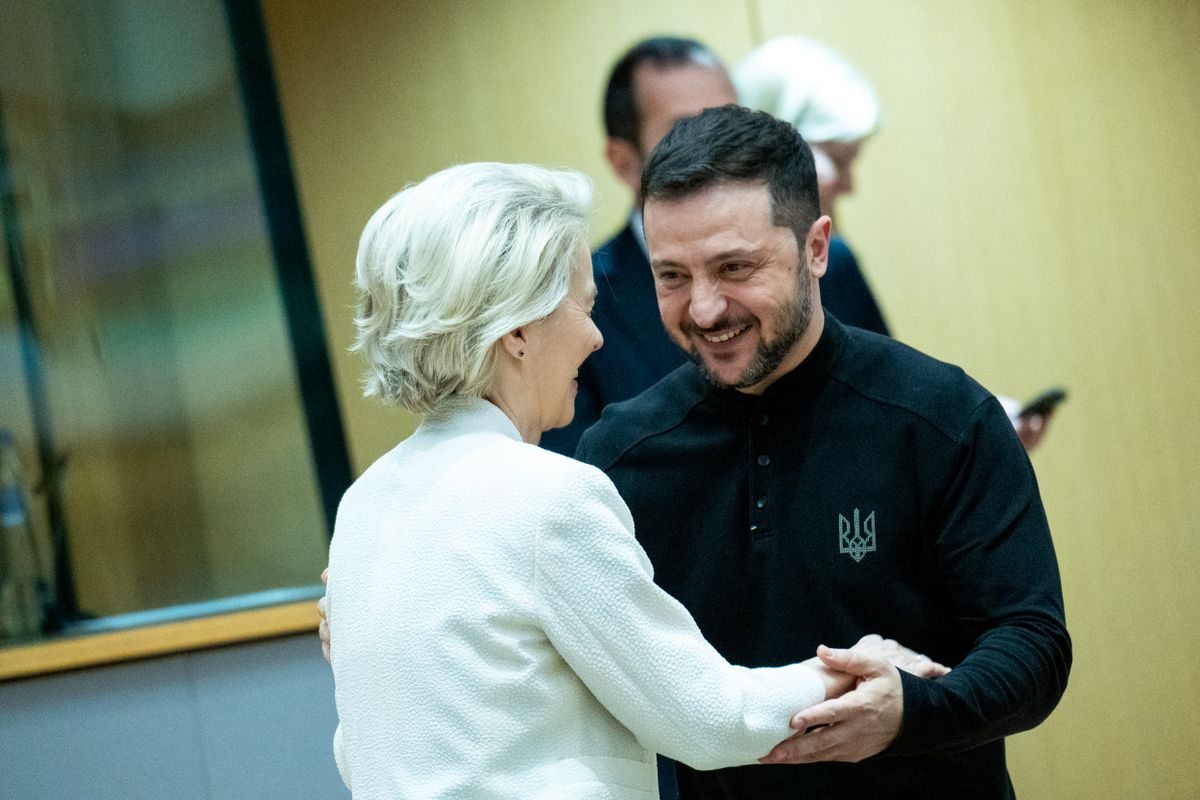
Brussels Sets New Restrictions on Freedom of Expression
The sanctions include not only asset freezes but also travel bans—even into the territory of the EU itself. This is an unprecedented move from Brussels: it is the first time the EU has barred its own citizens from entering Europe. The measures also affect another 19 individuals and six companies, including the Turkish media outlet AFA Medya and its founder, Huseyin Dogru. Alina Lipp was the first to respond, posting on X:
The EU is now, for the first time, prohibiting its own citizens from entering Europe.
She went on to add:
Freedom of expression in free, democratic Europe is now definitively dead.
Opinions are divided: some say Ms. Lipp is spreading propaganda, while others are calling for legal action against the EU. The Berliner Zeitung also offered a critical take on the developments. The paper stated that the sanctions demonstrate how dangerous it has become to diverge from the EU’s majority opinion—even if one is an EU citizen.
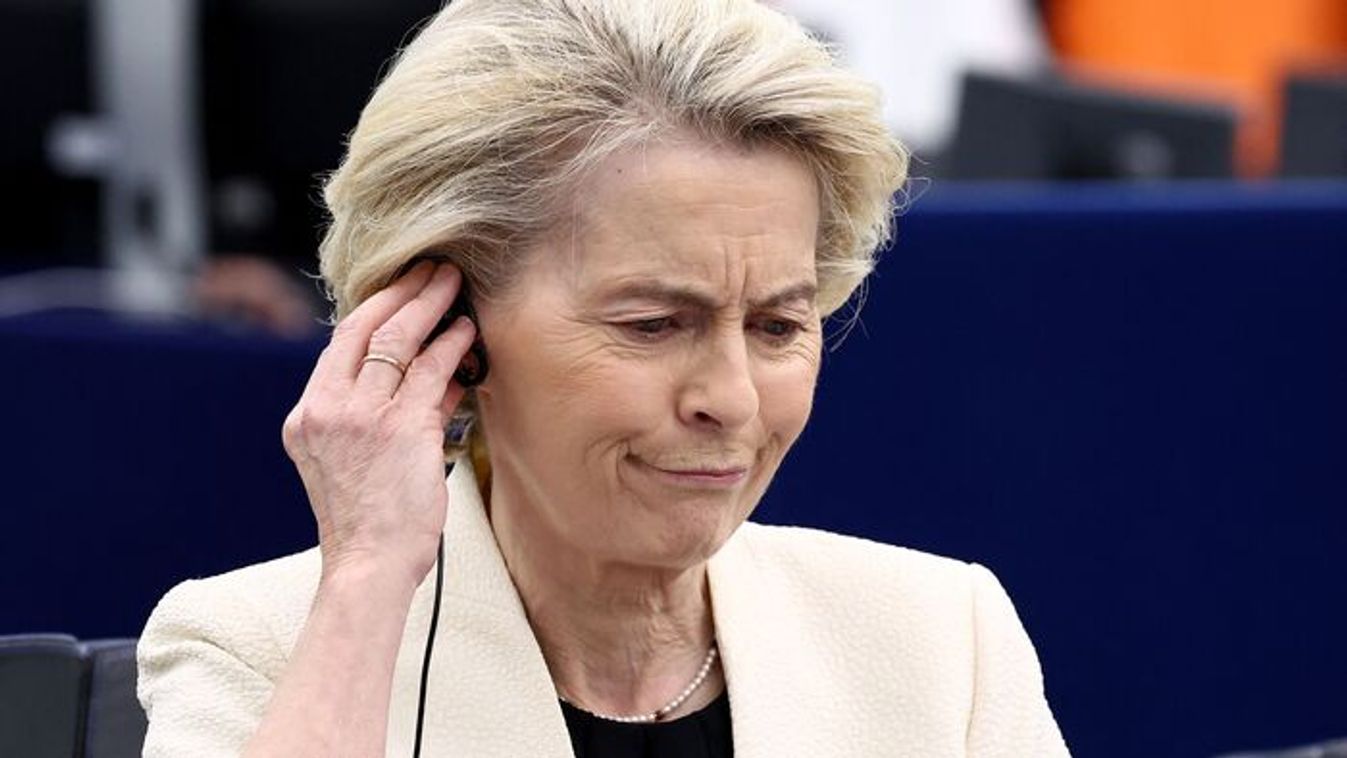

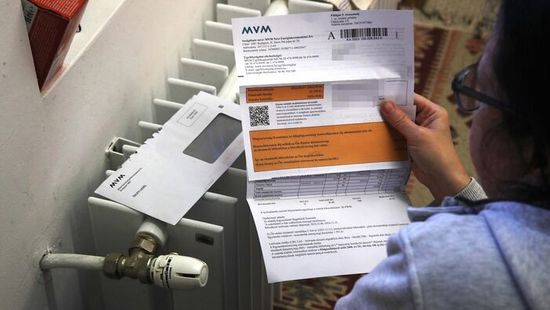

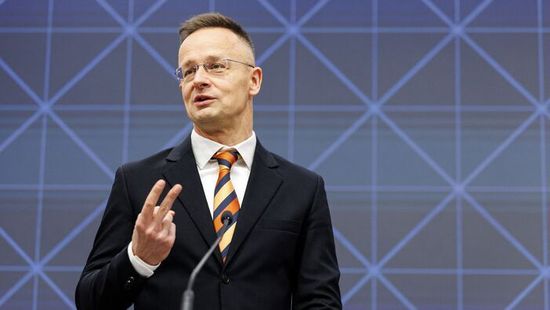

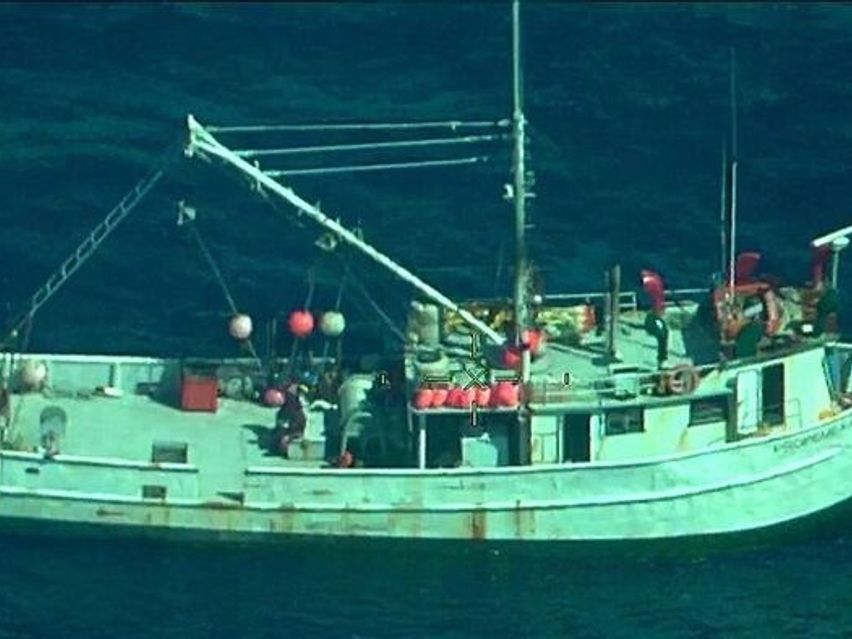


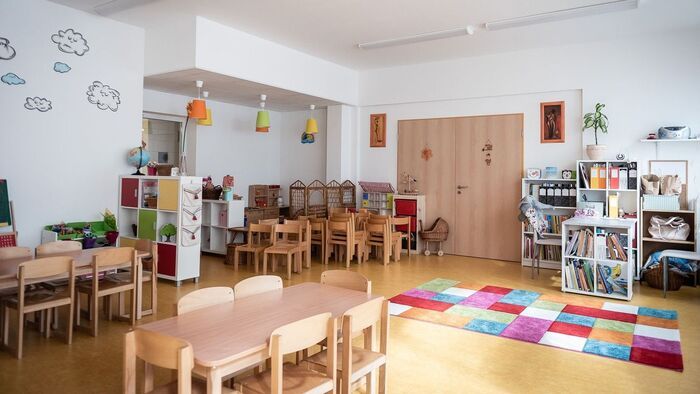

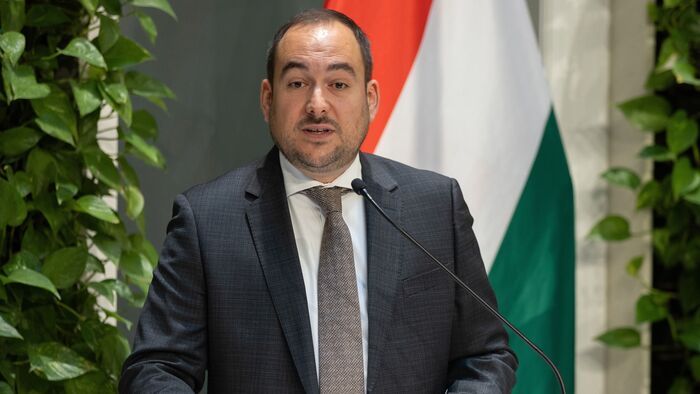

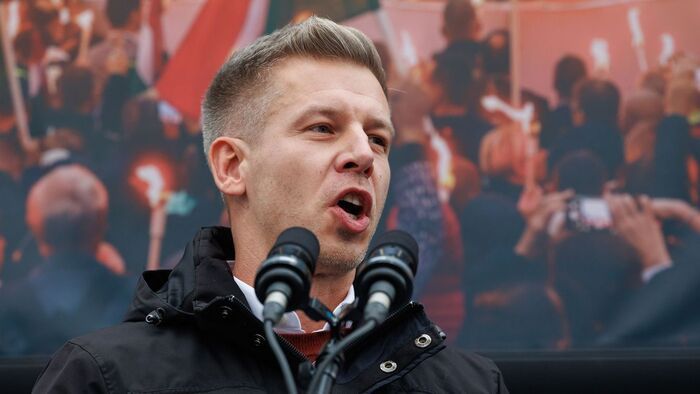
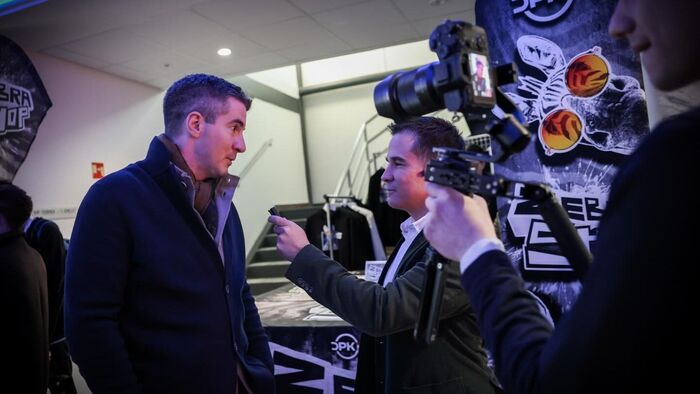

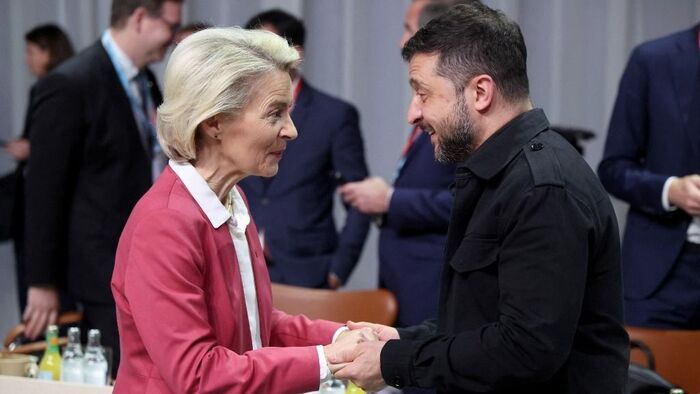



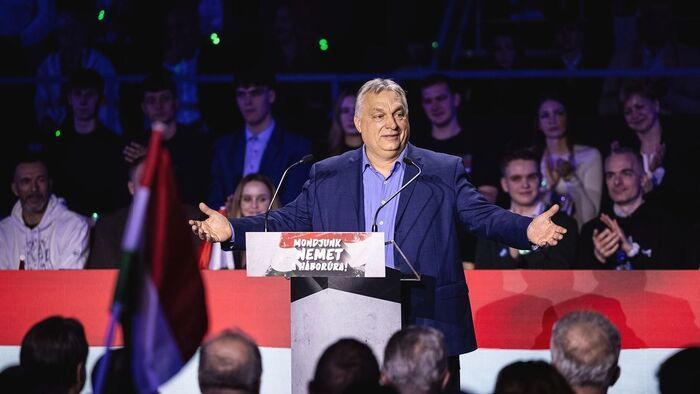

Szóljon hozzá!
Jelenleg csak a hozzászólások egy kis részét látja. Hozzászóláshoz és a további kommentek megtekintéséhez lépjen be, vagy regisztráljon!